The only clinically Validated pluripotent-like stem cell platform.
The Only Licensed Source of Real Dezawa MuseCells®
Welcome to MuseCell Innovations®:
LICENSING THE NEXT GENERATION OF DEZAWA MUSECells® AND DEZAWA MUSEEXOSOMES® PRODUCTS
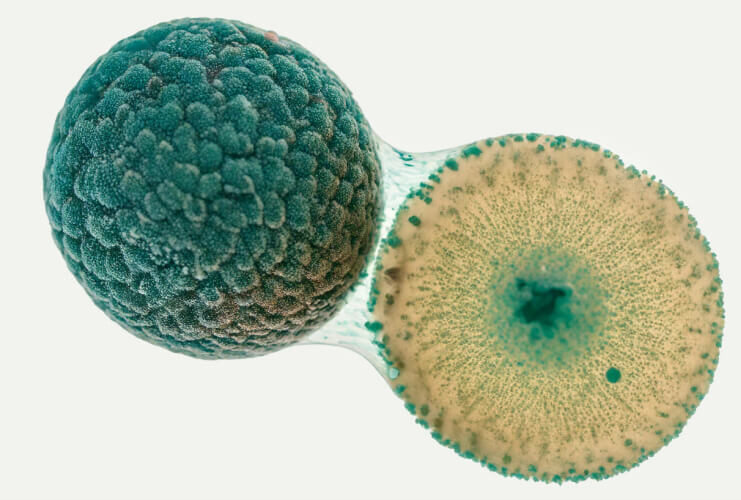
At MCI, we license the world’s only clinically validated platform of adult-derived pluripotent-like stem cells—Dezawa MuseCells®—and Dezawa MuseExosomes®. Discovered by Professor Mari Dezawa, and studied extensively in Japan, these naturally occurring cells are ethically sourced, non-tumorigenic, and immune-tolerant. We enable regulated partners to advance safe, effective regenerative therapies.
OUR SCIENCE
Dezawa MuseCells® represent a distinct category.
They are stress-resilient, capable of in vivo trilineage differentiation, and uniquely suited for regenerative applications that require immune compatibility and IV delivery without reprogramming or immunosuppression.
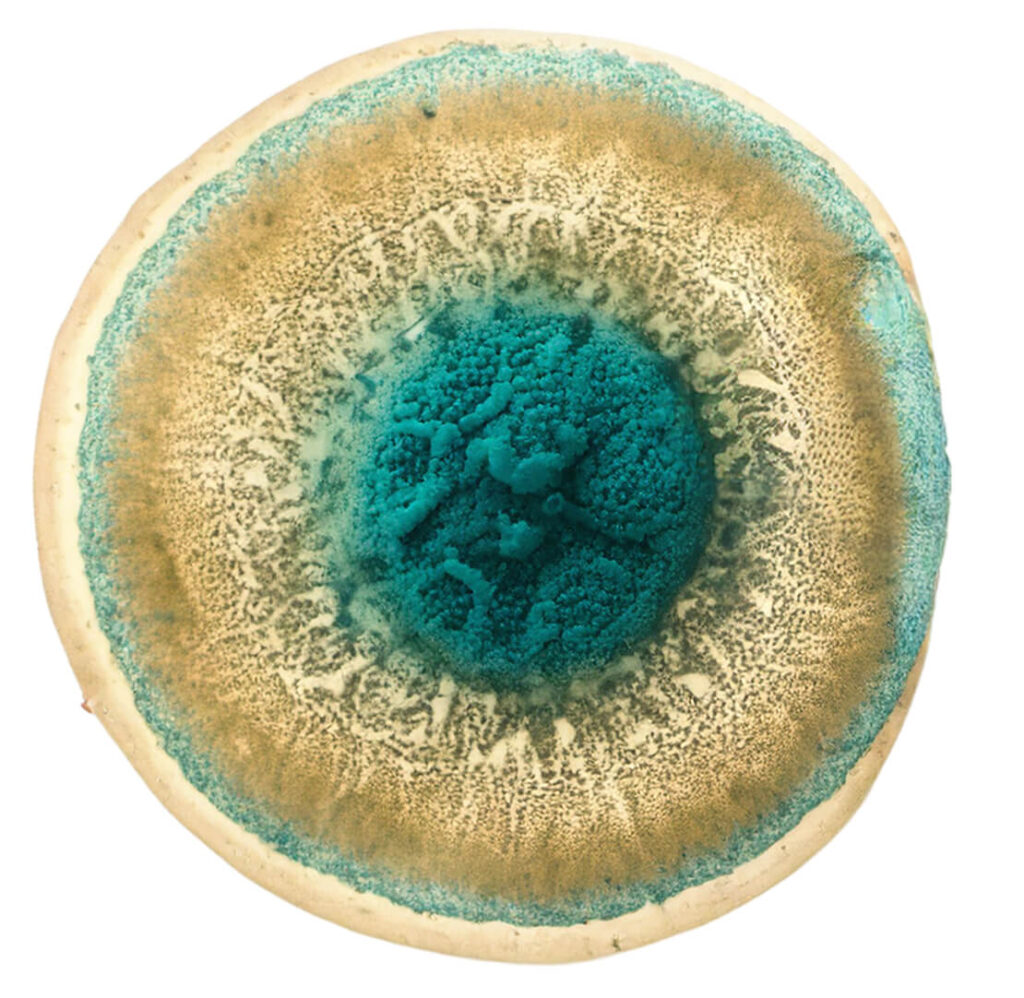
Empowering markets
From precision medicine to aesthetics, Muse Cell Innovations® supports next-generation research and regulated innovation across high-impact fields.
Dezawa MuseCells® and Dezawa MuseExosomes® are under investigation globally—driving discovery in areas ranging from acute care to aging biology.

LONGEVITY

HEALTHCARE
ORTHOPAEDICS

MILITARY Applications

AESTHETICS & SKIN HEALTH
Scientific
Advisory Board
Our work is shaped by visionary scientists, strategists, and physicians:

Mari Dezawa
Professor and Chair
Tohoku University Graduate School of Medicine

Professor and Chair
Tohoku University Graduate School of Medicine
Mari Dezawa
Professor Mari Dezawa graduated from Chiba University School of Medicine, Chiba, Japan, in 1989, was awarded the degree of MD, and worked as a resident in the Department of Internal Medicine at Chiba University Hospital. She started Neural Regeneration Research at the Department of Histology, Chiba University Graduate School of Medicine, was awarded her PhD in 1995, and continued her studies at Yokohama City University.
After moving to Kyoto University Graduate School of Medicine as Associate Professor in 2003, she developed methods to induce human mesenchymal stem cells (MSCs) to form neural and skeletal muscle cells (J. Clin. Invest, 2004; Science, 2005).
In 2008, she was appointed Professor and Chair of the Department of Stem Cell Biology and Histology at Tohoku University Graduate School of Medicine, where she discovered reparative pluripotent stem cells, Multilineage-Differentiating Stress Enduring (MUSE) stem cells, residing in the body (PNAS, 2010; PNAS, 2011; Nat Protocol, 2013; Cell Mol Life Sci, 2022).
Her team conducted pre-clinical studies for MUSE stem cells (Stroke, 2017; JASN, 2017; Cir Res, 2018; Mol Ther, 2020; Am J Transpl, 2021; JCBFM, 2021; J Invest Dermatol. 2021) and conducted clinical studies for their application in acute myocardial infarction, subacute stroke, amyotrophic lateral sclerosis, epidermolysis bullosa, neonatal hypoxic-ischemic encephalopathy, and cervical spinal cord injury (Stem Cell Transl Med, 2024).
She has been awarded several prizes, including the Prize for The Commendation for Science and Technology, Japan Government (2011). In 2018, she was appointed a fellow of the National Academy of Inventors (NAI) in the USA.

Dr. Jonathan L. Glashow, M.D.
Board-Certified Orthopedic Surgeon,
Clinical Associate Professor,
and Sports Medicine Specialist

Board-Certified Orthopedic Surgeon,
Clinical Associate Professor,
and Sports Medicine Specialist
Dr. Jonathan L. Glashow, M.D.
Dr. Jonathan L. Glashow is a distinguished board-certified orthopedic surgeon with over four decades of clinical and surgical experience, widely recognized for his expertise in sports medicine and complex joint care. He serves as a Clinical Associate Professor in the Department of Orthopedic Surgery at NYU Grossman School of Medicine and maintains an active surgical practice in New York City.
Dr. Glashow’s clinical focus includes advanced arthroscopic and minimally invasive surgical techniques for shoulder and knee conditions, such as anterior cruciate ligament (ACL) reconstruction, revision ACL surgery, arthroscopic rotator cuff repair, meniscal transplantation, and other intricate procedures that optimize functional recovery and help patients return to active lifestyles. His individualized, precision-based surgical philosophy prioritizes rapid recovery and comprehensive post-operative coordination with rehabilitation professionals.
A trusted expert to elite athletes and active individuals, Dr. Glashow has been consulted nationally for his insights on injury treatment and recovery strategies and has appeared on major broadcast platforms. He has been featured in prominent publications and recognized repeatedly among America’s Top Doctors and New York Metro Area’s Best Doctors by Castle Connolly and New York Magazine.
Dr. Glashow earned his medical degree from Cornell University Medical College (1984) and completed orthopedic surgery residency training at Lenox Hill Hospital in New York City. He supplemented his surgical training with specialized fellowships in sports medicine and arthroscopic surgery at the Southern California Orthopaedic Institute/UCLA, followed by advanced shoulder fellowships in Canada and at the University of Texas Health Science Center at San Antonio.
His professional affiliations include the American Academy of Orthopaedic Surgeons, Arthroscopic Association of North America, and multiple national sports medicine societies. Dr. Glashow continues to contribute to the field through clinical practice, mentorship, and academic engagement, advancing care in orthopedic surgery and sports-related musculoskeletal injuries.
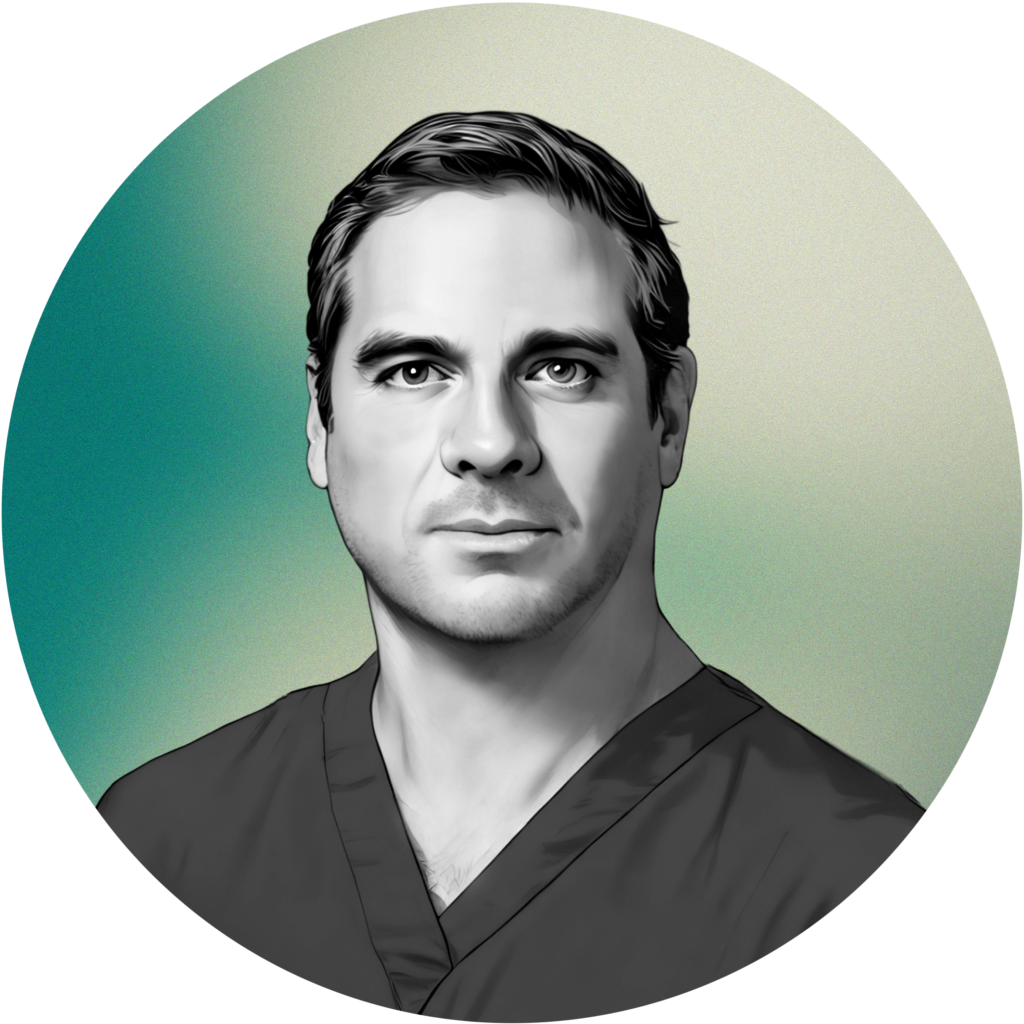
Dr. Ian White
Biological Production Expert

Biological Production Expert
Dr. Ian White
Dr. White is widely recognized as a leading expert in aging and regenerative medicine. He earned his Ph.D. from the Ansary Stem Cell Institute in the Division of Regenerative Medicine at Cornell University and completed postdoctoral training at the Interdisciplinary Stem Cell Institute at the University of Miami’s Miller School of Medicine, where he published pioneering research on the role of peripheral nerve signaling in cardiac regeneration. Dr. White is the CEO and CSO of Neobiosis, a perinatal regenerative tissue research and manufacturing company, and also serves as CSO for Ways2Well. He is the Vice President and a member of the Board of Directors of the American College of Regenerative Medicine. Additionally, he serves on the scientific advisory boards of the Alliance for Longevity Initiatives (A4Li) and the Healthspan Action Coalition.
The government of the Bahamas appointed Dr. White to the Ethics Committee for the Longevity and Regenerative Therapy Act (LARTA). He is also the founder of the Space-Aging Research Institute (SARI).

Vijay Vad, MD
Sports Medicine specialist at the Hospital for Special Surgery in
New York and Assistant Professor at Weill Cornell Medical College

Sports Medicine specialist at the Hospital for Special Surgery in
New York and Assistant Professor at Weill Cornell Medical College
Vijay Vad, MD
Dr. Vijay Vad is double board certified in physical medicine and rehabilitation (physiatry) and sports medicine. He focuses on minimally-invasive integrative treatments for sports injuries, knee arthritis and back pain via advanced Stem Cell therapies.
In addition to treating patients at the prestigious Hospital for Special Surgery out of NYC, Dr. Vad has previously served as the physician for the professional men’s tennis circuit (Association of Tennis Professionals, ATP) as well as the physician for the Westchester Classic of the PGA Tour, and MSG Tennis Showdown. Dr. Vad has written and published Back Rx, Arthritis Rx, Golf Rx and The New Rules of Running published by Penguin Random House.
In 2005, Dr. Vad’s bestseller Back Rx, was named the Wall Street Journal’s favorite health book of the year. He also authored two PBS national televisions specials entitled, ‘Stop Back Pain’ which premiered in June of 2011, and ‘Active with Arthritis’ which premiered in June of 2013.
As a researcher who constantly champions better treatments, Dr. Vad utilizes carboplasty which he has developed in conjunction with his colleagues in India, Ghana, and Germany. Through his use of tibial bone marrow-derived stem cells to treat knee arthritis he has minimized dependence on joint replacements, exhibiting promising results presented at the Orthopedic Research Society meeting, 2018.
Along with his scientific team in Boston, Dr. Vad has developed medical food capsules for dietary management of big diseases and to reduce dependence on anti-inflammatory medications and narcotics. His team has produced a highly absorbable curcumin called microactive plus curcumin, for managing arthritis and back pain.
Dr. Vad is the founder of the Vad Foundation, dedicated to educating disadvantaged girls globally and to medical research in the area of back pain and arthritis.

Dr. John Layke
World-renowned Plastic Surgeon
Regenerative Medicine Expert

World-renowned Plastic Surgeon
Regenerative Medicine Expert
Dr. John Layke
John Layke, DO, is a double-Board Certified plastic surgeon by the American Board of Surgery and the American Board of Plastic Surgery, renowned for his expertise in facial aesthetics as co-founder of the Beverly Hills Plastic Surgery Group. After graduating medical school and completing his General Surgery residency, he trained in Plastic and Reconstructive Surgery at Nassau University Medical Center in New York under the prestigious Long Island Plastic Surgical Group, the largest and oldest private practice group in America.
As Chief Medical Officer for Proactive Longevity, a forward-thinking company specializing in anti-aging treatment protocols, Dr. Layke has leveraged his passion for aesthetics to create Beverly Hills MD, an innovative skincare line blending cutting-edge dermal technology with natural ingredients. His decades of research and dedication to the aesthetics of aging led him toco-create STEM (Solutions Through Evolving Medicine), a regenerative medicine organization utilizing stem cells for their anti-aging properties, empowering patients to take control of their health and wellness. Dr. Layke has committed his medical career to discovering ways to “turnback the clock,” combining aesthetic procedures with regenerative medicine to enhance both appearance and functional performance beyond current expectations. His current research protocol shows promising evidence of recreating patients’ youthful dermal infrastructure. STEM’s partnership with Proactive Longevity further advances these innovative anti-aging solutions.
Dr. Layke also serves as the Medical Director for PureRx, a wellness group specializing in hormone optimization and peptide therapy. He has published in multiple medical and surgical journals and is a sought-after speaker for several cutting-edge biotechnology companies. Additionally, he serves on the Advisory Board for Neodyne Biosciences, known for state-of-the-art advanced scar therapy from Stanford University.

Dr. Deepti Agarwal
Physician Leader in Precision Medicine
and Advanced Regenerative Therapies

Physician Leader in Precision Medicine
and Advanced Regenerative Therapies
Dr. Deepti Agarwal
Dr. Deepti Agarwal is a triple board-certified physician whose work bridges clinical medicine, precision diagnostics, and advanced strategies for extending healthspan. Trained at Northwestern University’s Feinberg School of Medicine and Weill Cornell Medical Center, her career spans perioperative care, interventional procedures, metabolichealth, and the science of aging.
Her precision-medicine approach brings together multi-omic biomarkers, hormone and immune regulation, metabolic resilience, and regenerative therapeutics. After years caring for complex surgical and chronic pain patients, she developed a systems-level perspective on how inflammation, hormonal transitions, and reduced physiologic reserve influence health and aging. Her current work focuses on cardiometabolic dysfunction, hormonal transitions in midlife, musculoskeletal degeneration, and women’s brain and cognitive health.
Dr. Agarwal directs patient care at Precision Medical Care’s boutique Chicago practice and serves as an advisor to global healthspan organizations and emerging biotech ventures. She is committed to advancing the field of healthspan medicine by translating evolving scientific insights into clinical practice. Her work aims to help individuals and organizations reimagine what it means to age with capability, vitality, and long-term well-being.

Dr. Jeffrey J. Wiegers
Regenerative Medicine Specialist,
Pain Management,
and Anesthesiologist

Regenerative Medicine Specialist,
Pain Management,
and Anesthesiologist
Dr. Jeffrey J. Wiegers
Dr. Jeffrey J. Wiegers is a double board-certified anesthesiologist and fellowship-trained interventional pain management physician specializing in regenerative and biologic medicine. His work integrates advanced interventional techniques, precision diagnostics, and emerging cellular and molecular therapies to address chronic pain, musculoskeletal degeneration, and complex inflammatory conditions.
Dr. Wiegers earned his undergraduate degree from the University of Missouri–Columbia, where he studied psychology and conducted neuroscience research focused on beta-adrenergic modulation of performance and serotonergic signaling, including functional MRI characterization of 5-HTT receptor activity. He received his Doctor of Medicine from the University of Missouri–Kansas City School of Medicine and developed an early interest in the translational application of ultrasound technology in clinical medicine. During medical training, he collaborated with the anesthesiology department at UCLA to support the development of novel ultrasound training and implementation protocols.
He completed his anesthesiology residency at Cedars-Sinai Medical Center in Los Angeles, where he served as Chief Resident, followed by advanced fellowship training in Interventional Pain Management at Cedars-Sinai. His clinical and research work during this period included investigations into ketamine-based therapeutics and complex pain physiology, further shaping his interest in neuromodulation, pharmacology, and regenerative strategies.
Dr. Wiegers’ current clinical focus centers on advanced interventional regenerative therapies, including biologics, cellular signaling approaches, and ultrasound-guided procedures designed to restore tissue function and reduce reliance on symptom-suppressive care. He is particularly interested in the intersection of pain, inflammation, tissue degeneration, and systemic physiologic resilience, applying a systems-level framework to patient care.
He currently practices at BioReset Medical, where he treats patients from around the world using individualized, evidence-informed regenerative and interventional protocols. In parallel, he remains on staff at Cedars-Sinai Medical Center, where he collaborates on stem cell research and the development of emerging regenerative therapies. Dr. Wiegers is committed to advancing the clinical translation of regenerative medicine and helping redefine how chronic pain and degenerative disease are treated—shifting care toward restoration, durability, and long-term functional health.

Dr. Matt Cook – MD, FAARM, ABAARM
Founder & Chief Medical Officer,
BioReset® Medical

Founder & Chief Medical Officer,
BioReset® Medical
Dr. Matt Cook – MD, FAARM, ABAARM
Dr. Cook is a global thought leader, educator, and innovator in regenerative medicine, combining cutting-edge, non-surgical medicine and integrative care to harness the body’s natural healing power. Capable of addressing the most challenging conditions, his proprietary multimodal approach regenerates, repairs, and restores health on a cellular level. Dr. Cook is the founder of BioReset® Medical and BioReset® International. Dr. Cook is a pioneering regenerative medicine expert with over 20 years of experience practicing medicine, focusing the last 14 years on functional and regenerative medicine.
He graduated from the University of Washington School of Medicine, completed his residency in anesthesiology at the University of California San Francisco (UCSF), and completed fellowships in Anti-Aging, Metabolic and Functional Medicine, and Peptide Therapy with the American Academy of Anti-Aging Medicine. He is currently a member of the Peptide Therapy fellowship faculty.
His early career as an anesthesiologist and medical director of an outpatient surgery center specializing in sports medicine and orthopedic procedures provided valuable training in the skills needed to become a leader in the emerging field of Regenerative Medicine. Dr. Cook leverages minimally invasive treatments, believing that the body can heal itself naturally when supported by the best technology and care. While humanizing the doctor-patient relationship, he can assimilate a patient’s complex health history and develop highly specialized treatment plans integrating the best of what both functional and regenerative medicine have to offer.

Dr. Ted Hoyda, M.D., PhD, FRCSC
Regenerative Urologist & Neuroscientist

Regenerative Urologist & Neuroscientist
Dr. Ted Hoyda, M.D., PhD, FRCSC
A pioneering figure in the new field of regenerative urology, Dr. Ted Hoyda brings a wealth of expertise and innovation to MuseCell Innovations. His journey began with a prestigious background in Urologic Sciences, graduating from the University of British Columbia’s top-tier program in 2019.
Before working to shape the future of urology, Dr. Hoyda was pioneering advancements in neuroscience. His groundbreaking PhD work in Electroneurophysiology at Queen’s University in 2009 led to the development of a novel technology for measuring synaptic currents in living brain neurons while simultaneously detailing their unique molecular and genetic signatures. This work significantly enhanced our understanding of how hormones influence electrical signalling in the brain governing energy homeostasis. Following his PhD, Dr. Hoyda further honed his medical expertise at the Cumming School of Medicine, graduating in 2014.
Dr. Hoyda’s focus on Regenerative Urology is at the forefront of medical innovation. Utilizing a unique blend of stem cells, gene therapy, and biologics, his aim is to transform the treatment landscape for genitourinary tract diseases. By integrating state-of-the-art rejuvenation technologies, he is dedicated to enhancing the quality of life for all patients, pushing the boundaries of what’s possible in urologic health and longevity.
Dr. Hoyda’s personal mission is deeply rooted in the advancement of technology for challenging urologic conditions. His commitment to genital rejuvenation and the treatment of complex urologic diseases is unwavering. He envisions a future where rejuvenation technologies are not just accessible, but a cornerstone in enhancing peak physiology, longevity, and health span for his patients. With a passion for innovation and a dedication to excellence, Dr. Hoyda is not just practicing medicine; he is shaping the future of regenerative urology and committed to setting a new standard in patient care.
Strategic
Partnerships
By engaging in partnerships and collaborations we can continue to bring the most innovative regenerative medicine discoveries and development solutions to our clients.
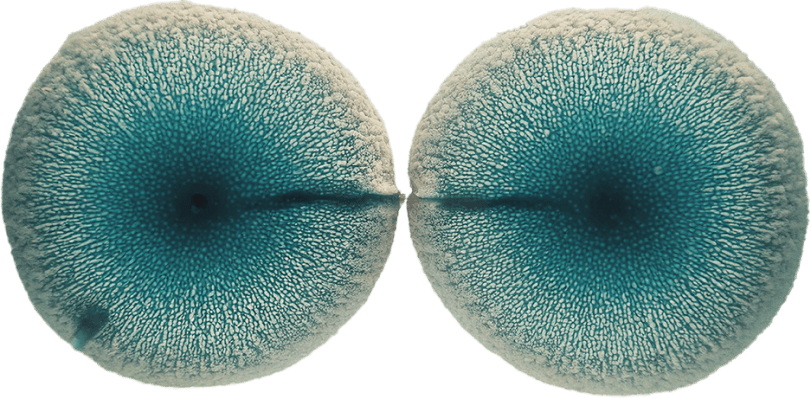
Explore our licensing options
LICENSE OUR DEZAWA MUSECELLS® OR DEZAWA MUSEEXOSOMES® TECHNOLOGY FOR YOUR INDUSTRY APPLICATION.





